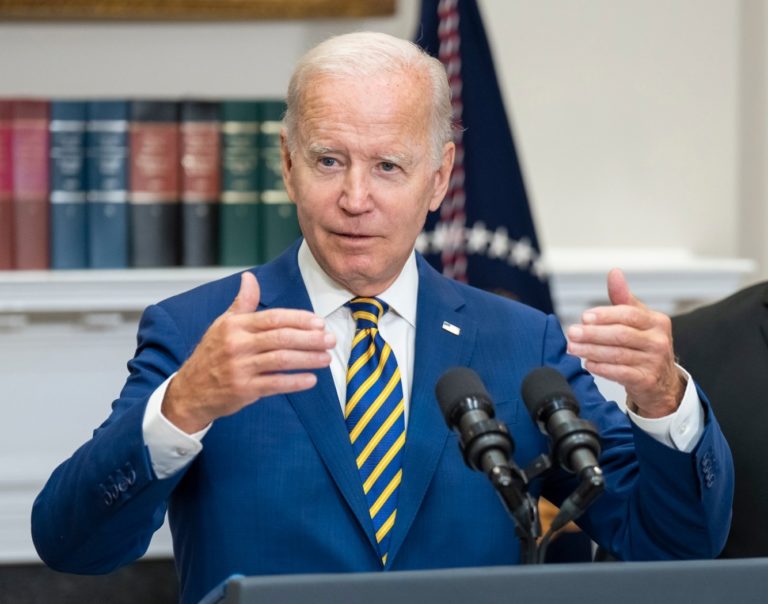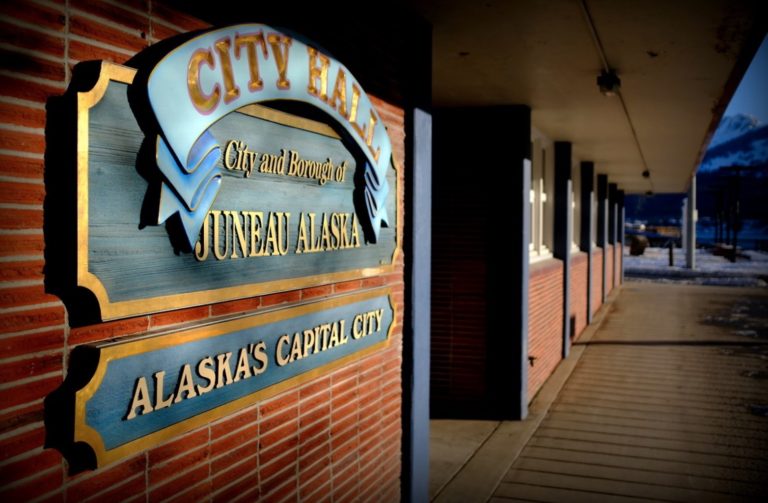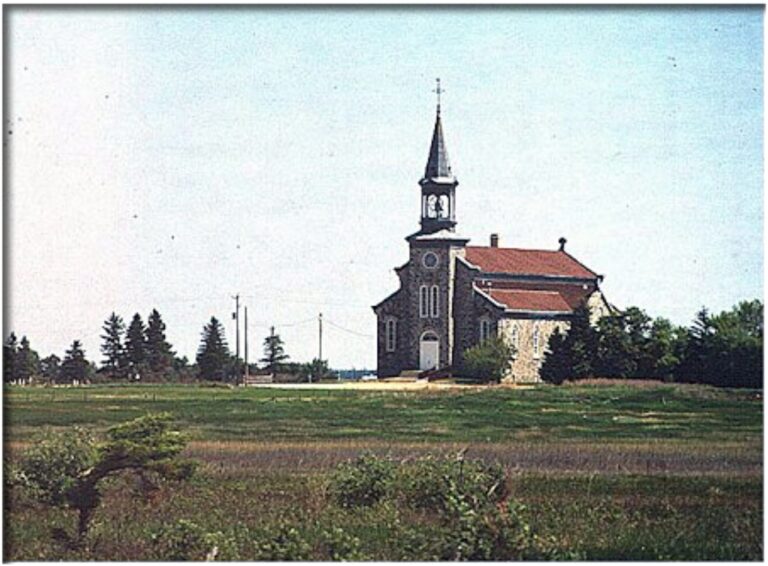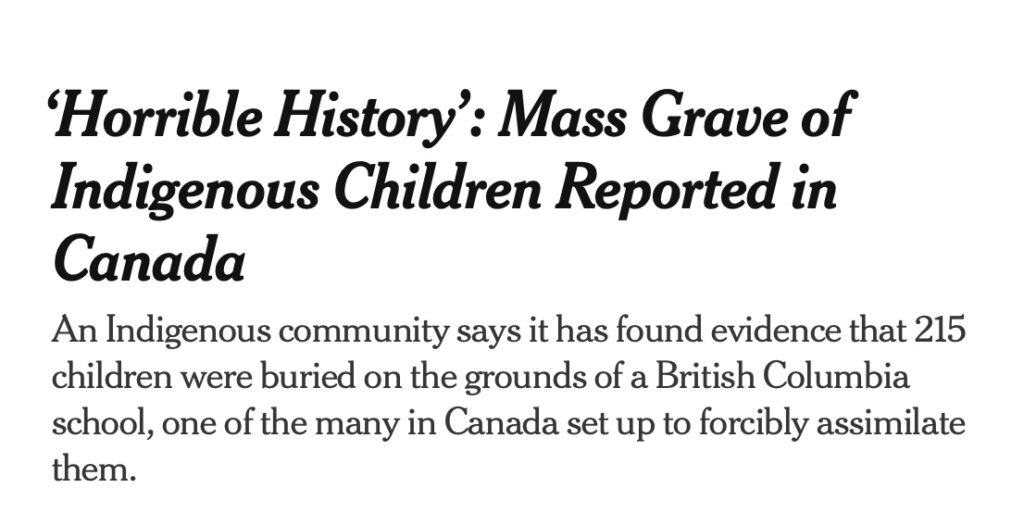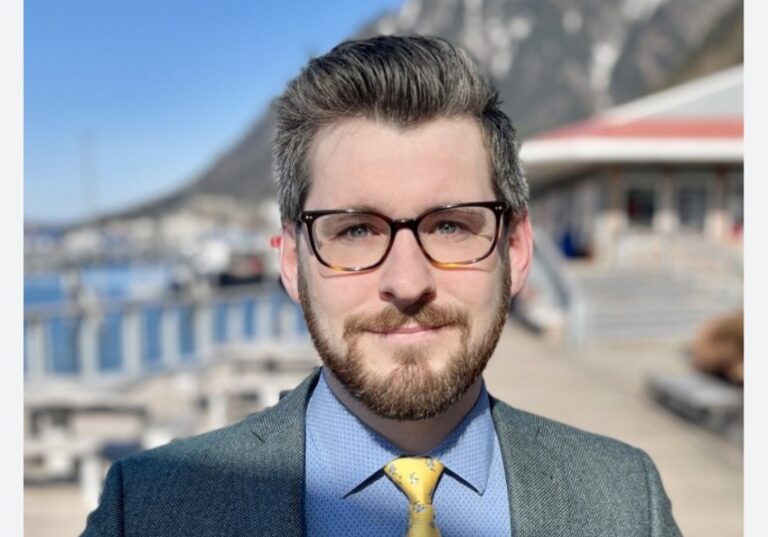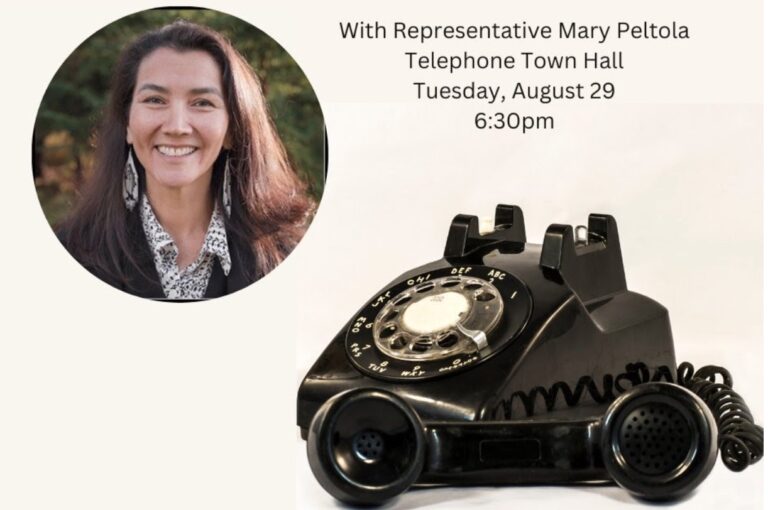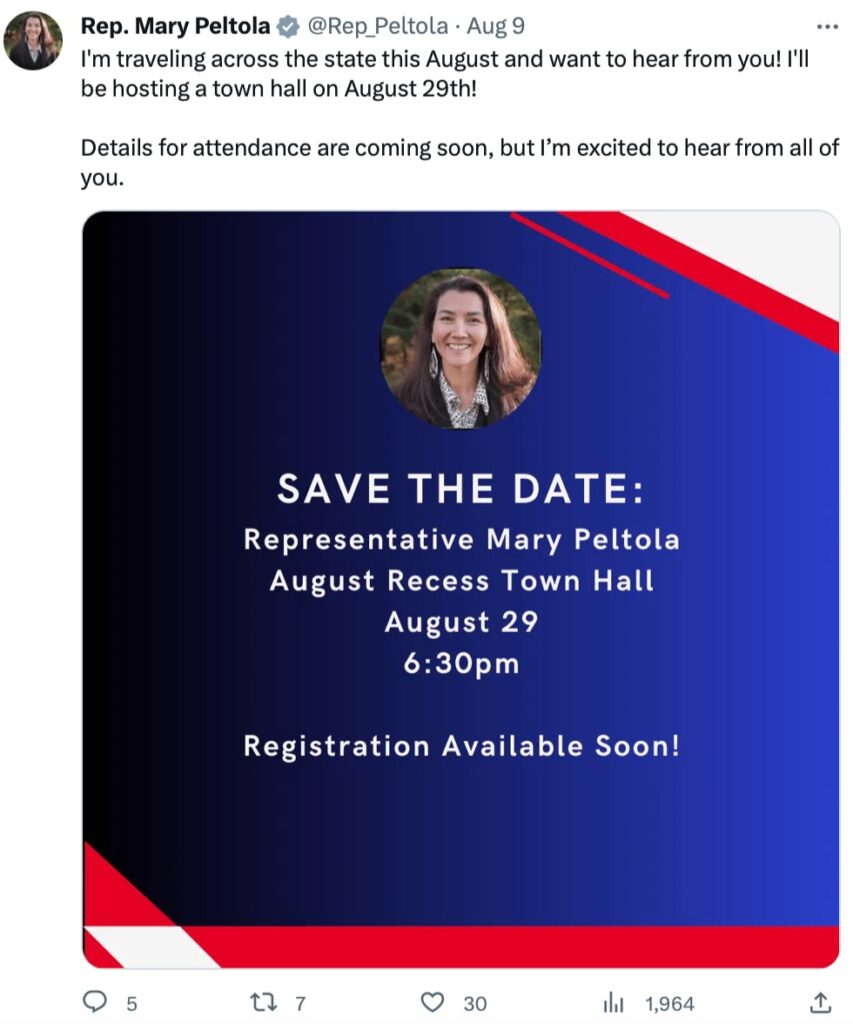A chill is in the air for free speech in Alaska, after the staff of Alaska Public Offices Commission on Friday gave oxygen to a lengthy “lawfare” complaint against a national group, based in Alaska, called Preserve Democracy, which is fighting ranked choice voting schemes like the one Alaskans for Better Elections designed for Alaska.
On the website, Preserve Democracy talks about its national mission to preserve election integrity. Its founder, Kelly Tshibaka, ran against Sen. Lisa Murkowski and lost in 2022, and she immediately began working on a national project to warn Americans about what open primaries and ranked choice voting does to democracy.
But APOC staff now believes because she advocated publicly for a repeal of Ballot Measure 2, she was somehow coordinating with another Alaska-based group, called Alaskans for Honest Elections, led by Art Matthias. That group filed a petition application with the lieutenant governor to get a repeal on the 2024 ballot for the Ballot Measure 2 that brought open primaries and ranked choice voting into existence.
Tshibaka argues that her work began immediately after the election cycle ended and that she stood up her nonprofit as soon as possible. Her free speech rights are now being curtailed a the request of Scott Kendall, the lawyer for Ballot Measure 2.
APOC, while rejecting most of Kendall’s claims against Tshibaka, says that because of her statements at certain public events in support of the petition by Honest Elections, Tshibaka is running a group that comes under the speech regulation thumb of APOC, and should be fined over $16,000 for supporting the repeal of Ballot Measure 2.
Alaska Statute says that anyone who tries to influence an application for an initiative is regulated by APOC.
Most Alaskans in the political arena assume that regulated speech only happens after the lieutenant governor certifies a petition as ready to accept signatures. But another interpretation is that the campaign rules apply the moment a group submits the petition language for approval.
The problem is, that no one but the applying group knows when that application has been submitted and when their speech might be suddenly regulated.
Only one basic claim by Kendall is being supported by APOC staff, and that will go to the APOC commission for a final decision. If the decision by the commission goes against Tshibaka, she will have a First Amendment case to take all the way to the U.S. Supreme Court on behalf of Alaskans to determine if a person can, at a meeting, answer a sidebar question about the efforts of another group.
The complaint by Kendall also accused Tshibaka of lobbying, because during a Must Read Alaska podcast, she said she was advocating that the Legislature overturn ranked choice voting. Kendall complained that she is not a registered lobbyist. The agency found no evidence she had lobbied, other than testimony in committee, which had been invited testimony.
Although there is ample evidence that Alaskans for Better Elections coordinated with sitting Sen. Lisa Murkowski to install a new voting system in Alaska that would allow Murkowski to avoid a Republican Party primary, no legal action has been successful against that group, which now has a mission, supported by outsiders with money, to keep in place the system it convinced voters to pass under the marketing of “stop dark money in Alaska elections.”

